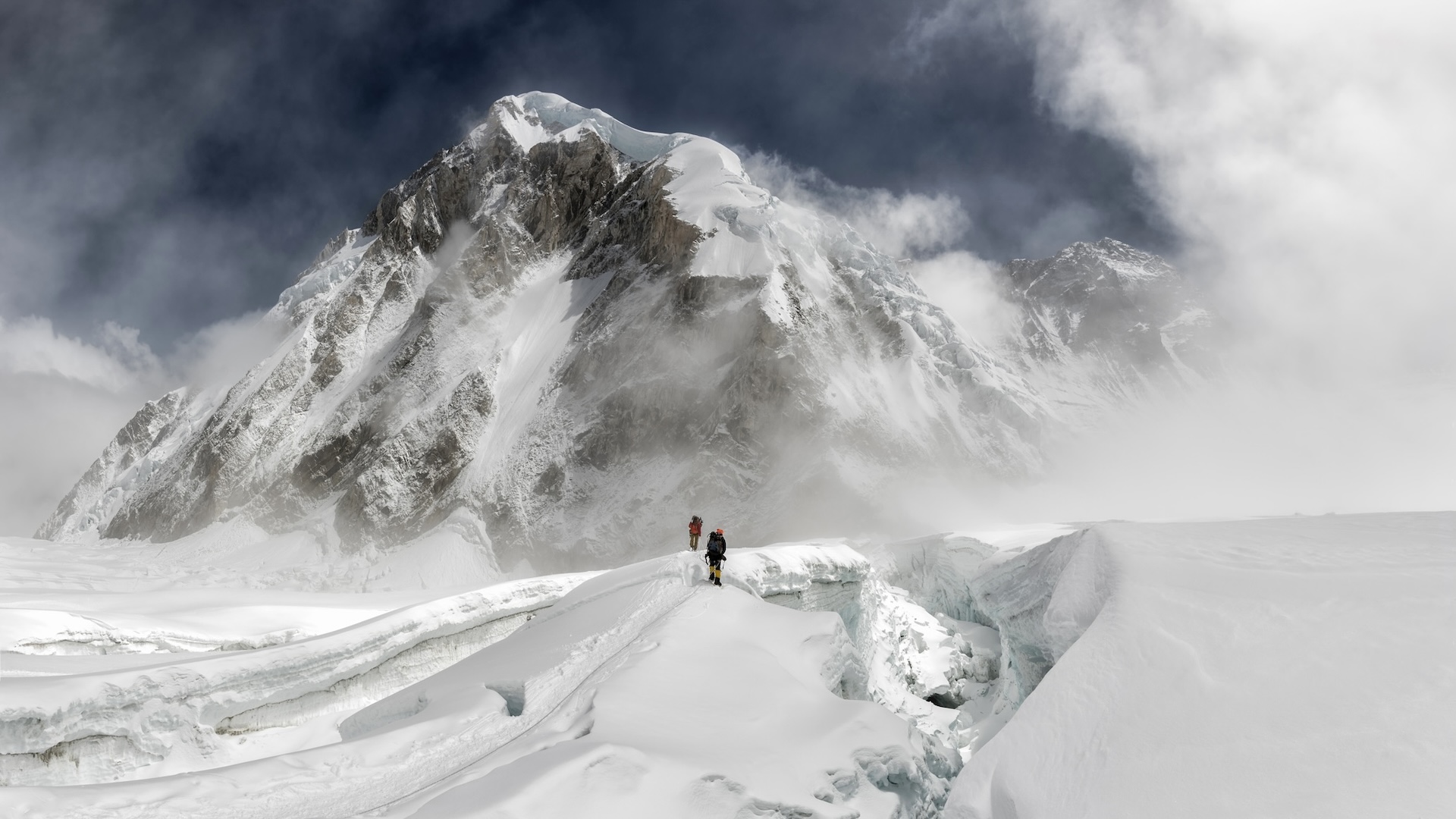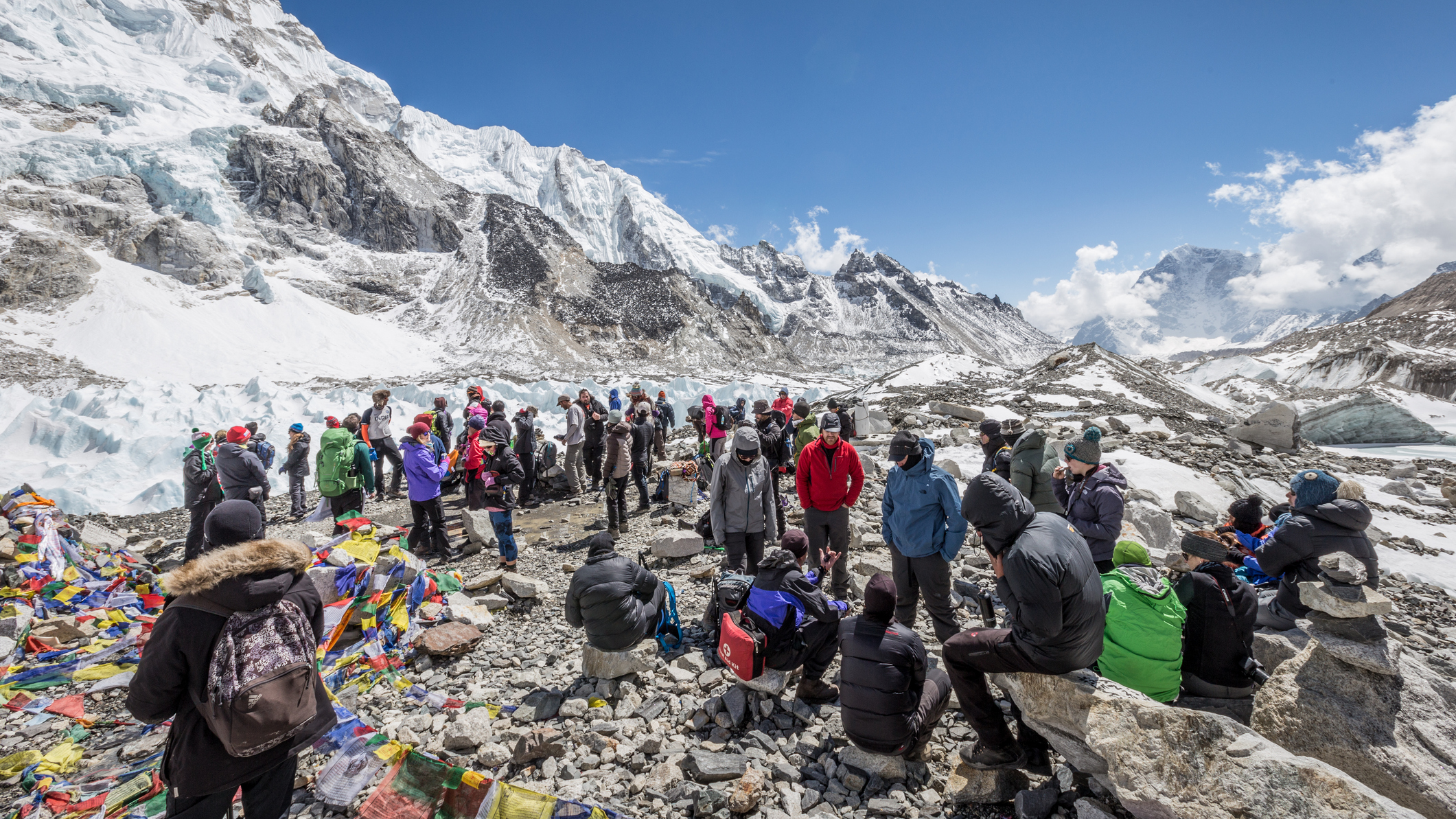Incoming law could stop inexperienced climbers from scaling Mount Everest in move to reduce deaths and overcrowding
Climbers hoping to scale the world's tallest mountain may need to climb another 7,000m+ peak in Nepal to receive a permit

Climbing the world's tallest mountain could soon become even harder as officials have announced a major rule change to curb unnecessary deaths and overcrowding.
Under new legislation currently making its way through Nepal's parliament, the Himalayan nation would only grant Everest permits to climbers who have already scaled at least one of its 7,000m (22,965ft) peaks. Medical check-ups from a government-approved hospital or medical facility would also be mandatory.
The proposed law is the latest in a series of rules introduced to restrict the number of inexperienced climbers attempting to summit the 29,035ft (8,849m) mountain.
The move comes on the heels of several other policy changes for Everest hopefuls. In January, Nepal announced a 36% increase in climbing fees for foreign climbers on the mountain. Overseas climbers hoping to scale the popular South Col route during the peak spring season now have to pay a $15,000 (£11,204) royalty fee, rather than the previous total of $11,000 (£8,217).
Daredevil solo climbers have also been restricted. As of September, everyone on the mountain must be accompanied by an expert guide, although it's currently unclear whether overseas guides qualify.
Overcrowding has become a major issue on Everest, as most climbs are attempted from March to May. Queues to the summit, abundant litter, and abandoned human excrement have all mired the Himalayan peak in recent years.
One sherpa told the BBC: "Our mountains have begun to stink. We are getting complaints that human stools are visible on rocks and some climbers are falling sick."
Advnture Newsletter
All the latest inspiration, tips and guides to help you plan your next Advnture!

The proposed law's announcement has been met with criticism by travel companies, who say it could harm business on the mountain.
Lukas Furtenbach leads Everest expeditions for the Austria-based company, Furtenbach Adventures. He's urging Nepali lawmakers to allow permits for climbers who've scaled any 7,000m+ peak, not just those in Nepal.
He told Reuters: "That wouldn't make any sense. And I would also add mountains that are close to 7,000 metres to that list and that are widely used as preparation, like Ama Dablam, Aconcagua, Denali and others."
Although the incoming law is still in its draft stage, Nepal's ruling alliance holds the required majority to pass it and is expected to do so without significant changes.

Will Symons developed his love of the outdoors as a student, exploring every inch of Sussex’s South Downs national park and wild swimming off the Brighton seafront. Now a Staff Writer for Advnture, Will previously worked as a freelance journalist and writer, covering everything from cricket to ancient history. Like most Advnture staff, Will’s time is rarely spent indoors, he can often be found hiking, wild swimming or playing cricket.
